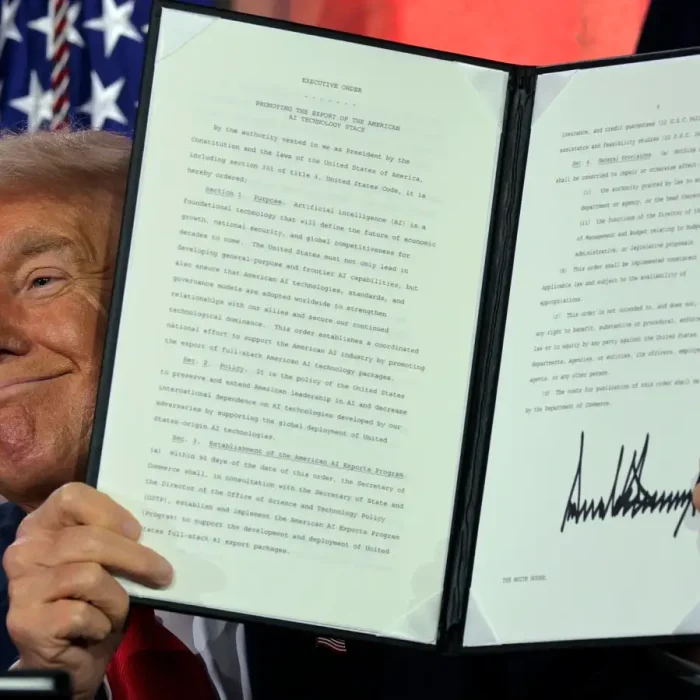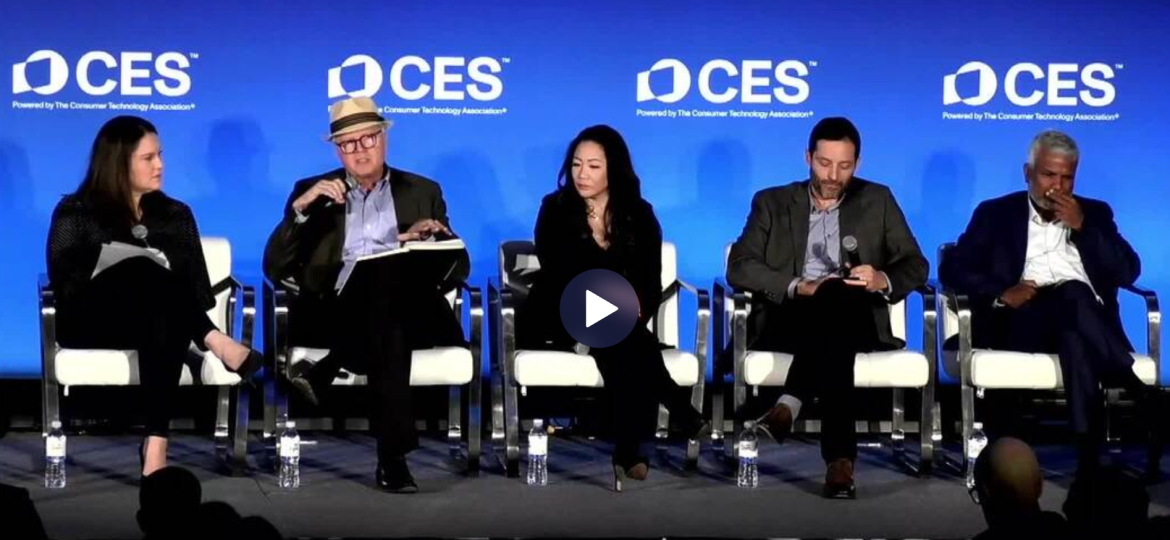Key Takeaways
- Nvidia CEO Jensen Huang announces quantum computing is “reaching an inflection point.”
- IonQ to acquire Oxford Ionics to develop powerful fault-tolerant quantum computers.
- Momentum in the quantum industry is building excitement among investors.
Excitement at GTC Paris
Quantum computing stocks surged today following a pivotal statement by Nvidia CEO Jensen Huang, who made a keynote speech at the GTC Paris developer conference. Quantum computing is “reaching an inflection point” and will begin solving real-world problems in the coming years.
“We are within reach of being able to apply quantum computing, quantum classical computing, in areas that can solve some interesting problems in the coming years,” — Jensen Huang
The remarks sent ripples through the market, lifting shares of key players in the sector. IONQ, one of the leading publicly traded quantum computing companies, surged during early morning trading. Other firms like Rigetti also posted strong gains.
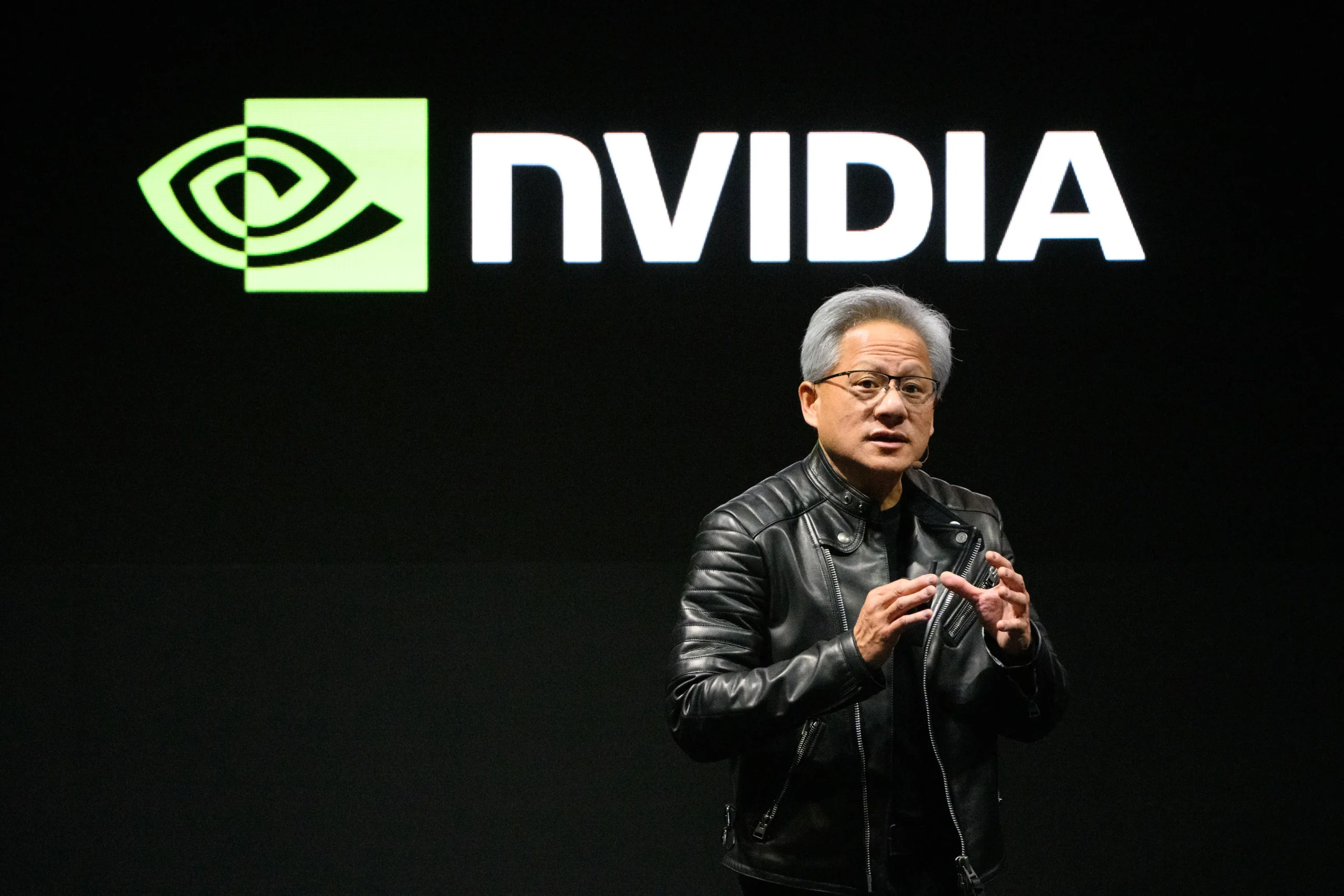
Nvidia’s Expanding Role in Quantum
Huang emphasized Nvidia’s growing role in the quantum ecosystem, including the company’s CUDA Quantum platform, which allows developers to build hybrid applications that use both quantum and classical processors. Nvidia has also been working on tighter integration between GPUs and quantum processing units (QPUs), a necessary step for real-world deployment.
Earlier this year, Huang estimated that practical quantum computers were still 15 to 30 years away; a projection that triggered a selloff in pure-play quantum stocks in January. However, his updated stance in June 2025 signals growing optimism, as industry momentum builds and more companies enter the space. For Nvidia, the future of computing is accelerated and hybrid, and quantum is a key part of that vision.
A Critical Moment for IONQ
For IONQ, this shift represents a major validation. The company has steadily advanced its trapped-ion hardware technology and software stack, positioning itself as a first mover in scalable, fault-tolerant quantum computing. Analysts have said that if quantum systems begin to solve niche industrial problems soon, IONQ’s early investments and enterprise partnerships could pay off significantly.
In a statement, IONQ noted that demand for quantum solutions across logistics, AI, and materials modeling is accelerating, and today’s news could attract further institutional interest.
On June 9th, IonQ announced that it had reached an agreement to acquire Oxford Ionics in a transaction valued at $1.075 billion. The groundbreaking deal combines Oxford Ionics’ ion-trap technology with IonQ’s quantum computer. A complementary pair of technologies that aims to “accelerate our ability to deliver the world’s most powerful fault-tolerant quantum computers with 2 million physical qubits and 80,000 logical qubits by 2030,” According to Niccolo de Masi, CEO of IonQ. The deal builds on the strategic collaboration between the United States and the United Kingdom to advance next-generation technologies, strengthening Oxford Ionics’ role as a global leader in quantum computing research and development.
The Oxford Ionics acquisition marks another bold step in IonQ’s accelerating momentum across quantum computing and networking, building on recent strategic moves like the acquisition of Lightsynq and the pending acquisition of Capella.
“We believe the advantages of our combined technologies will set a new standard within quantum computing and deliver superior value for our customers through market-leading enterprise applications.” — Niccolo de Masi
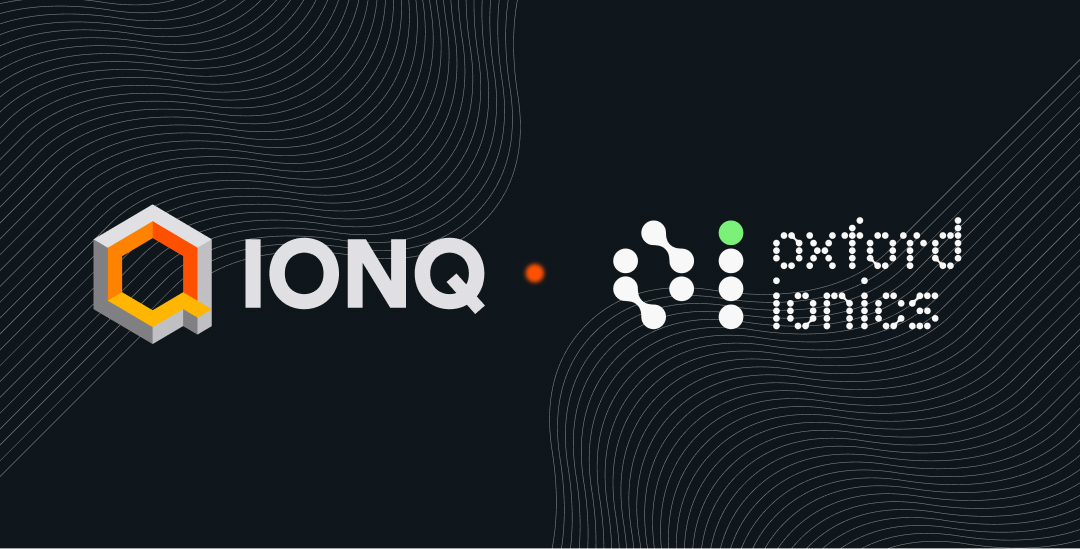
Sector Momentum Builds
Beyond IONQ, the quantum computing sector is benefiting from increased attention by governments, venture capital, and large enterprises. Nvidia’s public endorsement of quantum’s near-term impact may act as a catalyst for further investment and strategic collaborations across industries.
While hurdles remain, particularly around error correction and system scaling, Huang’s comments signal a new chapter in the timeline of quantum adoption.
As the line between science fiction and practical technology continues to blur, investors and technologists alike are betting that quantum computing’s time is finally arriving.




